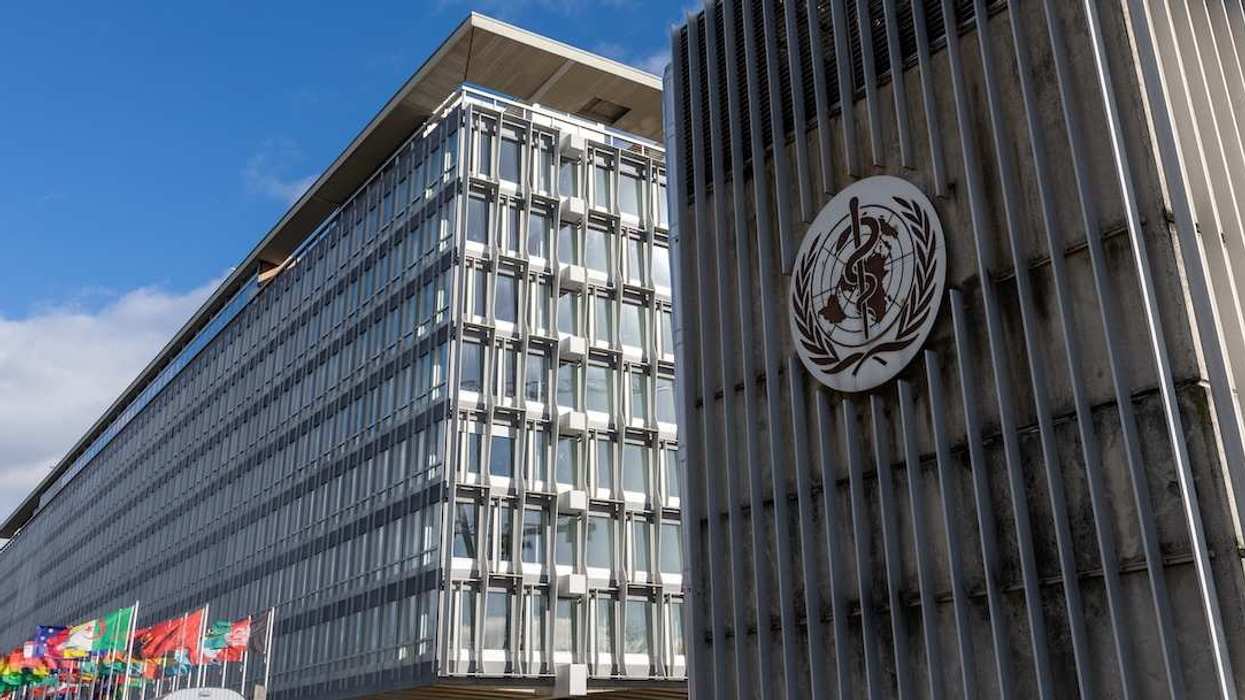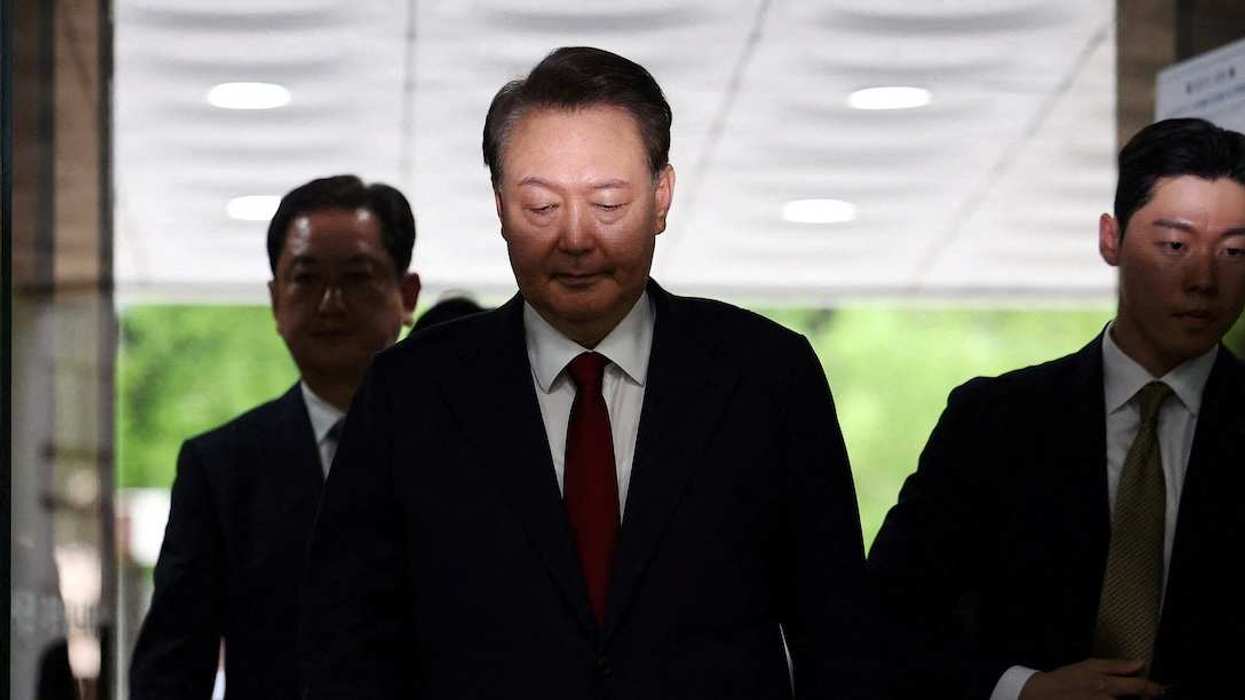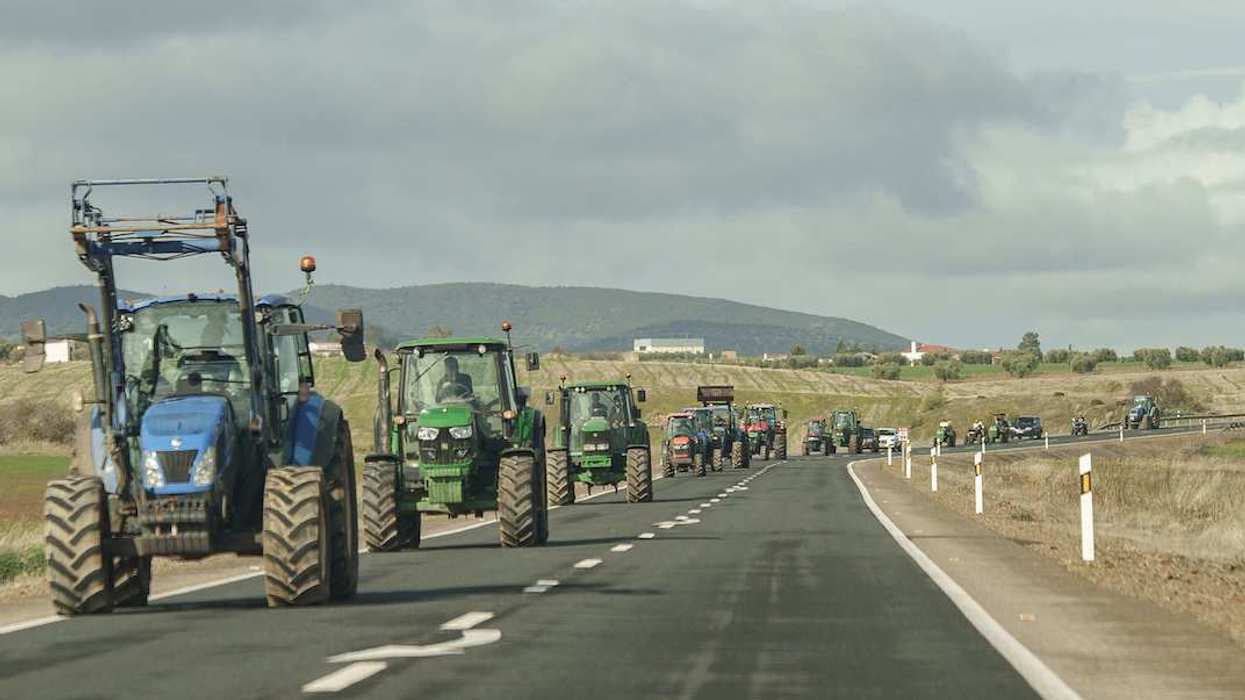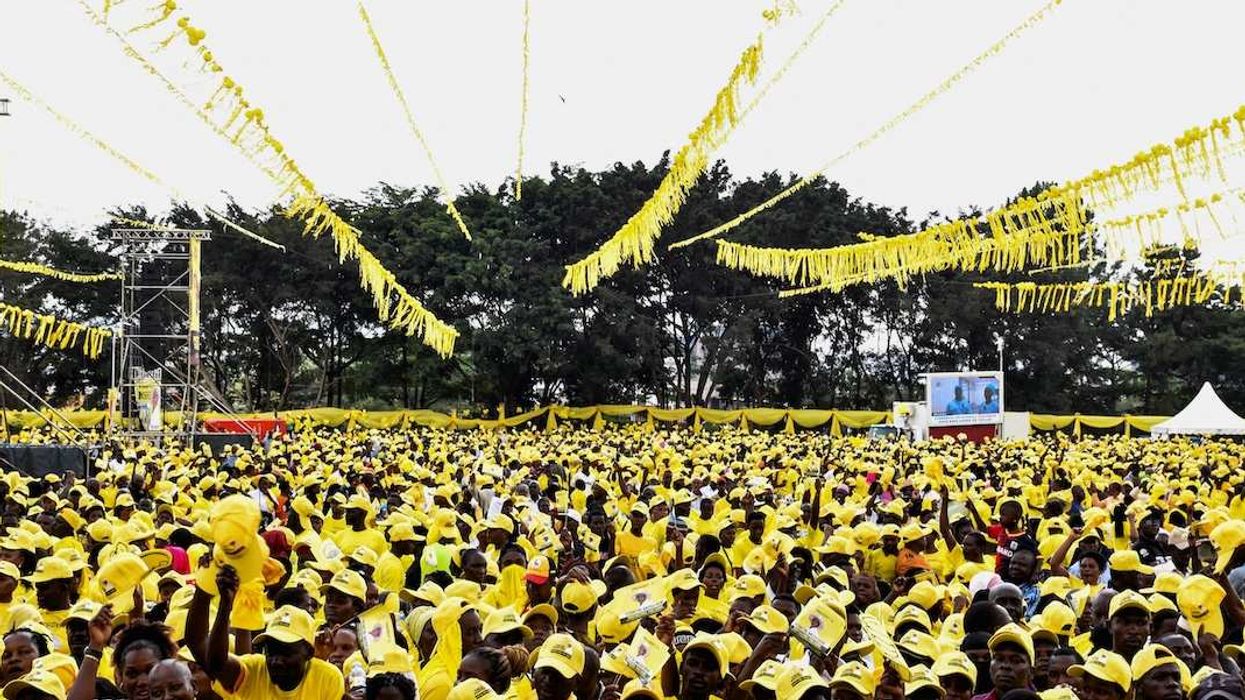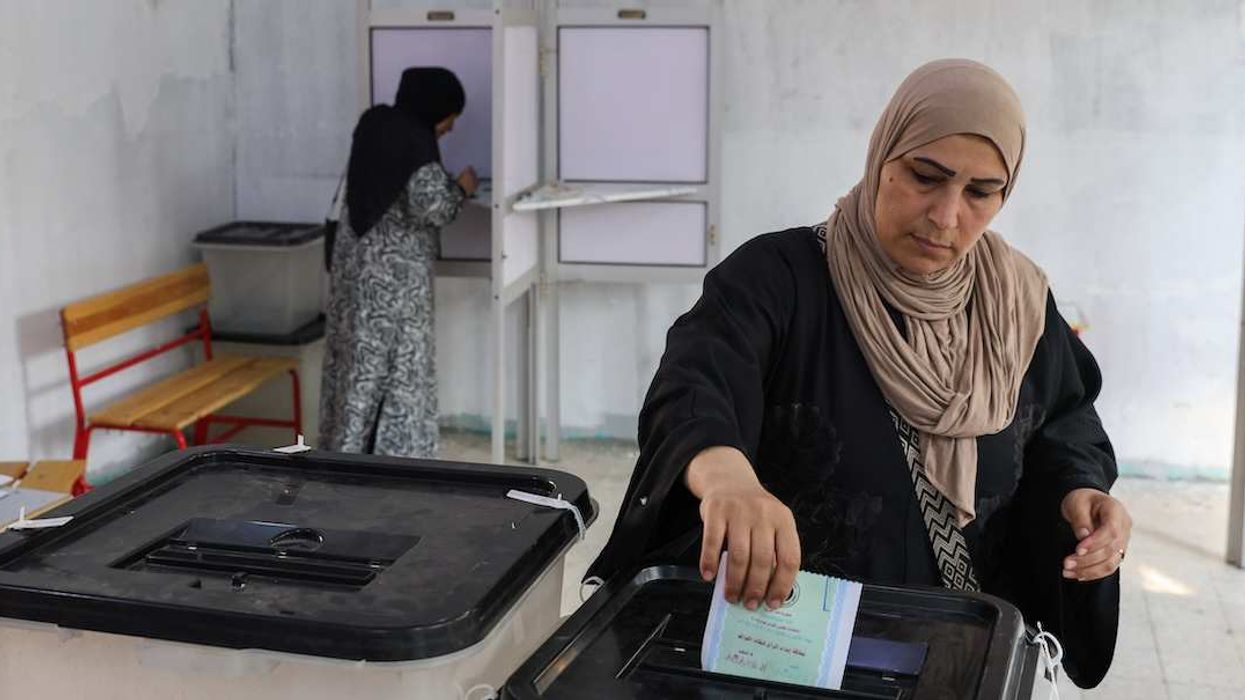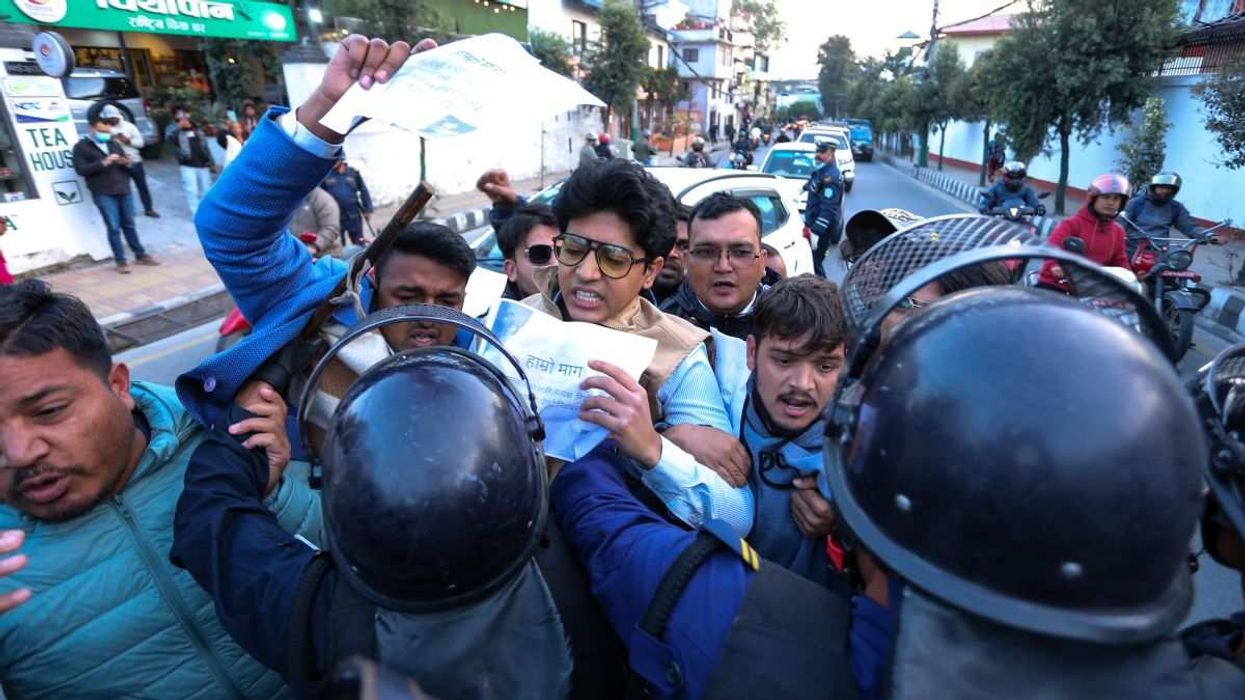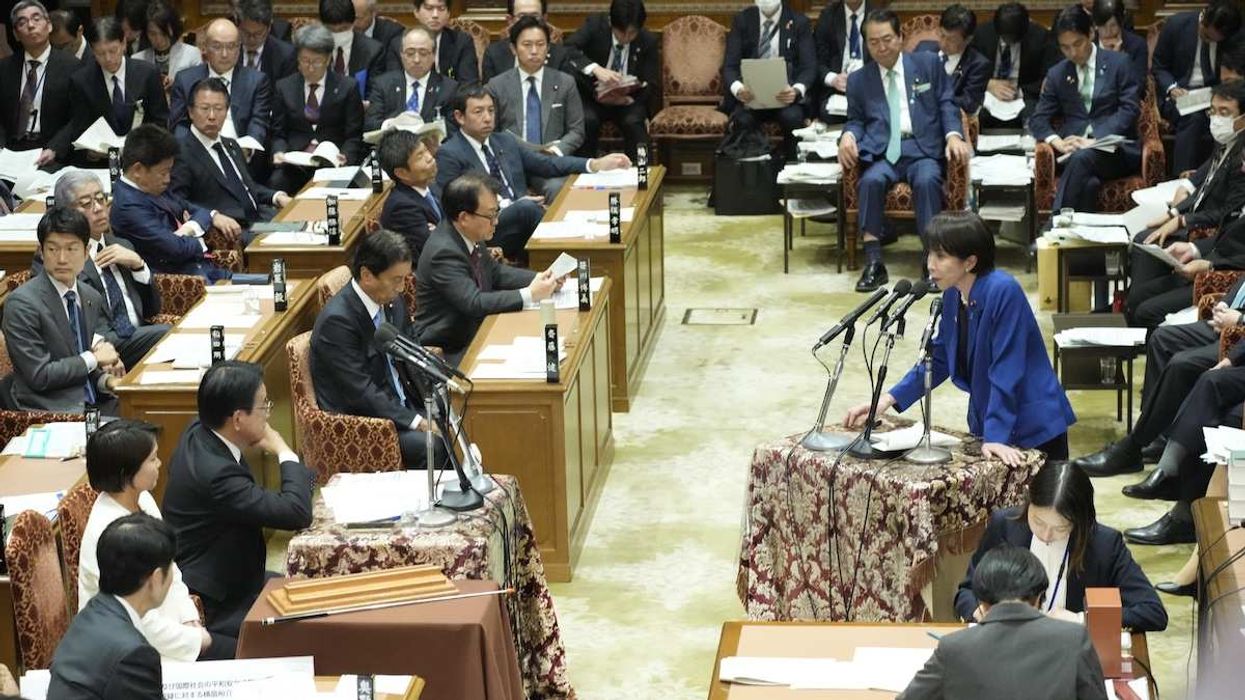VIDEOSGZERO World with Ian BremmerQuick TakePUPPET REGIMEIan ExplainsGZERO ReportsAsk IanGlobal Stage
Site Navigation
Search
Human content,
AI powered search.
Latest Stories
Sign up for GZERO Daily.
Get our latest updates and insights delivered to your inbox.
Global Stage: Live from Davos
WATCH
Tasha Kheiriddin
Freelance Columnist
Tasha is a political columnist, commentator, and author based in Toronto, Canada. You can read her in The National Post, on Substack at In My Opinion, and in her most recent book, "The Right Path."
Fields of expertise
Canadian politics, law
Education
McGill University; Carleton University's Norman Paterson School of International Affairs
Contact:
X: https://twitter.com/TashaKheiriddin

